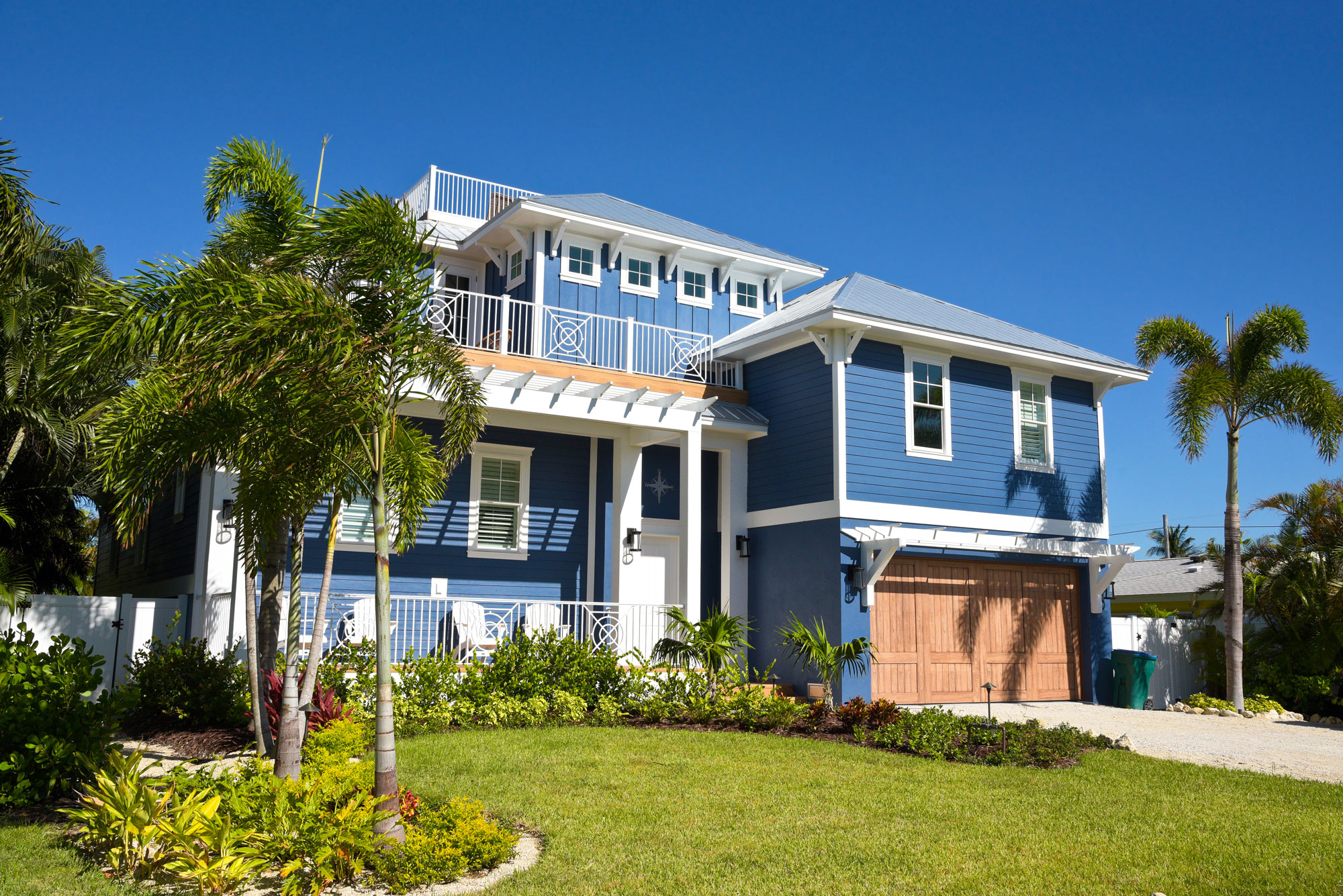We manage properties from Manatee County down to Collier County on the Gulf Coast of Florida. Our clients are property owners who own furnished homes in this region.
Florida is well known as a state that attracts visitors. Most people will associate Florida tourism with the theme parks in Orlando or visiting many of the beautiful beaches Florida has to offer. Typically, their length of stay ranges between a few days to a few weeks.
There is also another huge tourist market in Florida that takes place every winter, where hundreds of thousands of retirees rent homes during the winter months. These visitors are affectionately known as ‘Snowbirds’. Snowbirds typically stay longer than regular tourists, often between one and three months.
Seasonal and vacation rentals are commonplace in our market and when it comes to managing and marketing the properties most property management companies tend to blend the two. At Gulf Coast Property Management, we have identified that they are different products and as such require a different approach to management. The distinction between the two models is based on three factors.
Location
Property Type
Owner Revenue Goals
Any of these factors alone do not determine whether the property makes a suitable vacation or seasonal rental property. All three need to be considered in combination.
Location
As with most things in real estate, location is perhaps the single most determining factor on whether a property would make a good vacation rental. It stands to reason that a condo located close to the Gulf of Mexico is going to be consistently more in demand throughout the year than the same condo east of I-75.
That’s not to say that the condo east of I-75 isn’t going to make a successful seasonal rental. It is but our sales team is going to have more difficulty renting the unit outside of the typical peak winter season. This makes the condo east of 75 a better candidate for a seasonal rental program.
A further consideration is whether the property is subject to rental restrictions. In recent years vacation rentals have increased in popularity. Unfortunately, some municipalities and homeowners or condominium associations are anti-vacation rentals and as such have made moves to restrict or in some cases ban vacation rentals completely. Typically, properties are located outside of homeowners or condo associations and within pro-vacation municipalities.
Property Type
In addition to location, the type of property makes a difference in whether a property would make a good vacation rental. As an example, we manage several successful vacation rentals that are a good distance from a beach and located in communities with limited or no amenities. These properties are usually 3 or 4-bedroom pool homes which become attractive choices for families visiting Florida.
It’s often a combination of the location and the type of property that results in the home being a successful vacation rental.
Owner Revenue Goals
The reasons owners purchase properties can vary dramatically. Some owners purchase properties with the explicit goal of making money, and personal use is a secondary consideration. Whereas some owners purchase the property as a 2nd home which they can use periodically, understanding that rental proceeds can offset some of the costs associated with owning a home in Florida.
Its very rare that we see a seasonal rental home where the rent covers the cost of ownership, especially when the owner is using the property themselves for decent periods of the year.
On the other hand, we do have many true vacation rentals where the expenses are covered by the income generated. on rental homes on the other hand can
Summary
Why is the distinction important? The type of rental dictates the management structure that we apply. As an example, investment-driven owners of vacation rentals have different revenue expectations to a 2nd homeowner. As a result, we apply a dynamic revenue management strategy to vacation rentals, moving the rental rates regularly and concentrating on maximizing occupancy. We list these types of properties on our website and some of the more popular online travel agencies such as Airbnb and VRBO.
A seasonal rental owner may be more concerned about the condition of the property and understand that the home is likely to only be rented once or twice a year. In these instances, we adjust our marketing and management strategy, concentrating on one or two high-yielding guests a year. As a seasonal rental will typically experience more vacancy than a true vacation rental, we also perform regular vacancy inspections to ensure the property remains in great condition even when no one is staying in the home.
To conclude, virtually any property along Florida’s Gulf Coast would make a good seasonal rental. The demand for properties in our area is very strong and we would be able to rent most homes for between 3 and 4 months during our peak season.
A successful vacation rental is more reliant on all three of the factors listed above aligning. If the property is in the right area, lends itself to the vacation rental concept and the owner has the right mindset then it may be a good candidate for our vacation rental program.
Regardless of what category your home fits into the dedicated staff at Gulf Coast has a solution for you that will not only generate revenue but also keep your property in great condition.


.png)